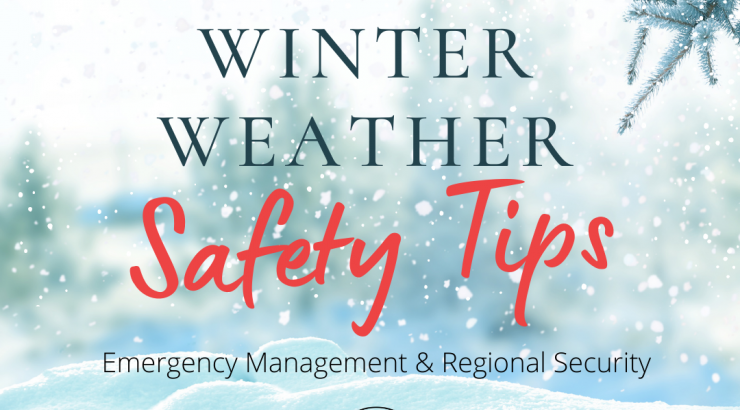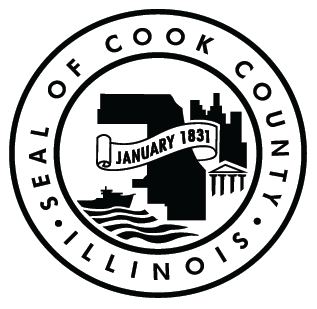Winter Weather Safety Tips

For updates on current weather conditions, please visit, the National Weather Service.
The Department of Emergency Management and Regional Security (EMRS) partnered with Cook County Health (CCH) to offer tips and best practices to keep residents safe during prolonged winter weather.
EMRS urges residents to keep the following tips in mind during the cold winter months.
Traffic Tips:
Winter weather can cause increased transportation times, reduced visibility and increases the chance of accidents. Give yourself plenty of travel time. Prepare early. Purchase necessary prescriptions and food items early. Create an emergency supply kit for your car. They could include jumper cables, sand, a flashlight, warm clothes, blankets, bottled water, and non-perishable snacks. Keep the gas tank full.
At-Home Tips:
Never use your oven for heat. Never bring charcoal or gas grills indoors (they are a carbon monoxide hazard). Make sure all portable heaters are unplugged when not in use. Use electric space heaters with extreme caution – avoid placing them near curtains or other flammable materials and turn them off before going to bed. Keep heat at adequate levels or leave faucets open with a slight drip to prevent pipes from freezing.
Cook County Health Tips:
CCH sees an increase in injuries and illnesses during big winter storms including cold exposure injuries and heart attacks when people over-exert themselves while shoveling snow. If you must be outside, CCH offers the following tips to help residents stay safe.
- Wear multiple layers including a hat and gloves or mittens. Layers are the best way to keep your body warm because the air in between the layers acts as extra insulation.
- Continued cold exposure can lead to frostnip or frostbite. Carefully rewarm exposed areas with a warm, wet wash cloth. See a doctor if cold, hard, blotchy skin appears or if the area becomes painful, swollen or a fever occurs.
- Older individuals or those who are relatively inactive should take caution while shoveling snow. Sudden exertion combined with cold weather can increase the heart rate and blood pressure, resulting in a deadly combination. If you are active and healthy, help your neighbors clear snow.
- Know the signs of hypothermia. Seek emergency help if someone is experiencing intense shivering, slurred speech, and drowsiness as well as loss of coordination. Hypothermia is when the body loses heat faster than it can be produced.
- Seek medical care when you need it. Don’t put your life at risk by not getting the care you need. This can be a deadly decision.
